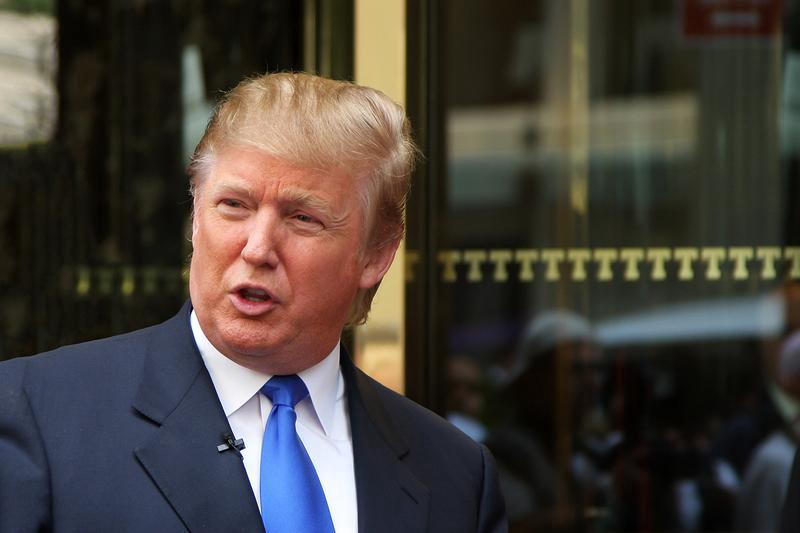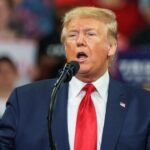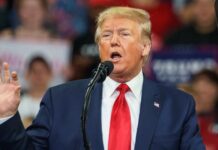In a recent interview with Fox News, former President Donald Trump faced pointed questions from host Bret Baier about a 37-count indictment brought against him by a grand jury.
The indictment pertains to Trump’s alleged mishandling of classified documents post-presidency.
The encounter marked Trump’s first public interview since the charges were brought forward. Throughout the interview, Trump offered extensive, and at times, perplexing responses to Baier’s specific inquiries about the indictment, prompting Fox News analyst Brit Hume to label Trump’s statements as near “incoherent.”
What began as a routine interview quickly escalated when Baier pressed Trump on a 2021 recording in which he seemingly admitted to retaining classified documents about a prospective attack on Iran. This contradicted Trump’s assertions that he had declassified all relevant documents.
In an about-face, Trump initially claimed he couldn’t have declassified the document since he wasn’t president at the time, a statement echoed in the contentious recording. He then contradicted himself, denying the existence of the document altogether.
This tense line of questioning apparently unsettled Trump, leading to his abrupt decision to cut the interview short.
The incident sparked a wave of reactions on social media, with many expressing surprise that such a confrontation occurred on Fox News, a network often criticized for its alleged pro-Trump bias. Political commentators from all sides commented on the event, some praising Baier’s journalistic tenacity while others criticized his perceived antagonistic approach.
The sudden termination of the interview has sparked discussions about Trump’s complex relationship with the media. Trump, who has consistently promoted unfounded allegations about election fraud, appears averse to having these claims questioned.
The clash between Baier and Trump might prompt a shift in how media professionals conduct interviews with the former president, potentially leading to more incisive questioning in the future.











